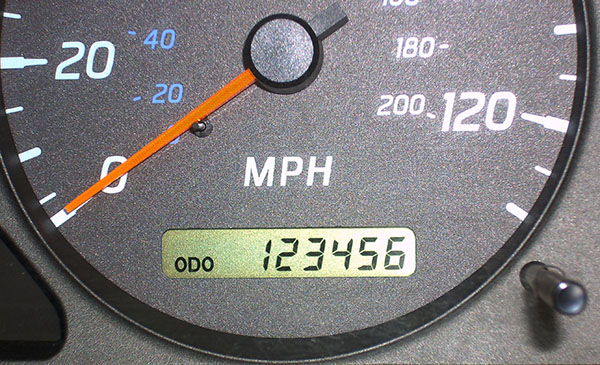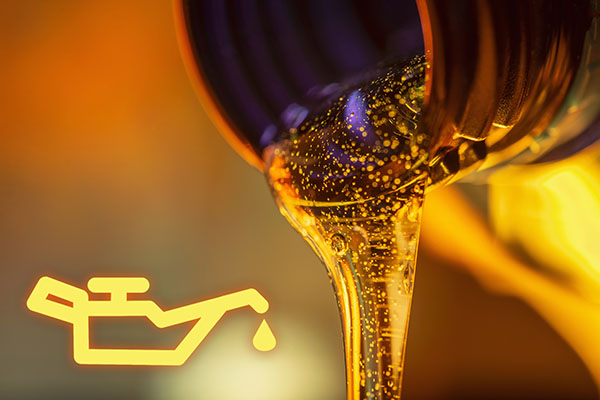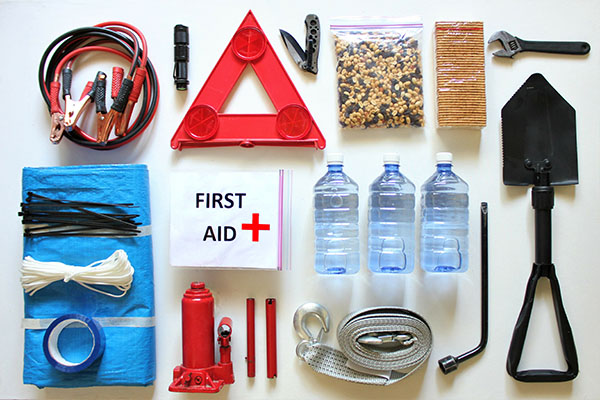Posted on 7/28/2023

When it comes to measuring speed, there seems to be an international divide - some countries prefer miles per hour (MPH), while others opt for kilometers per hour (KMH). This discrepancy can be puzzling, especially for those who frequently travel or navigate between countries. But worry not! We are here to help - we will explore the historical and practical reasons behind the usage of MPH and KMH in different countries.Historical Influences The adoption of MPH or KMH as the standard speed measurement system is often rooted in historical factors and influences. Here are a few key reasons behind the divergence:|Historical Measurement SystemsHistorically, different regions and cultures had their own unique systems of measurement, including units for length and distance. These variations ... read more
Posted on 6/29/2023

Embarking on a road trip is an exhilarating adventure filled with anticipation, exploration, and unforgettable experiences. To make the most of your journey, proper preparation is essential. From planning your route to packing the essentials, taking the time to prepare will ensure a smooth and enjoyable road trip. Below are listed eight of the most important things to do before you go off on your adventure, so make sure to read along!1. Plan Your Route and ItineraryStart by planning your route and itinerary. Research the destinations you want to visit, consider the duration of your trip, and map out your stops along the way. Take into account the distance you are comfortable driving each day and allow for flexibility in case you come across unexpected attractions or detours.2. Perform Vehicle MaintenanceBefore hitting the road, give your vehicle a thorough check-up. Ensure the tires are properly inflated, check the oi ... read more
Posted on 5/31/2023

As the weather starts to warm up, a lot of people are looking for new and exciting places to explore on their next summer road trip. Whether you're planning a weekend getaway or a longer adventure, there are plenty of beautiful destinations to consider. 1. Pacific Coast Highway, California The Pacific Coast Highway is one of the most iconic road trips in the United States. This scenic drive takes you along the beautiful California coast, passing by picturesque beaches, rocky cliffs, and charming coastal towns. Make sure to stop at popular spots like Monterey, Big Sur, and Santa Barbara to take in the stunning scenery and enjoy delicious seafood. 2. Blue Ridge Parkway, Virginia and North Carolina The Blue Ridge Parkway is a 469-mile scenic drive that winds through the beautiful Appalachian Mountains. This route takes you through lush forests, past cascading waterfalls, and rolling hills. Along the way, you'll have the opportunity to explore ... read more
Posted on 4/30/2023

When it comes to taking care of your car, selecting the right engine oil is crucial. Engine oil plays a vital role in lubricating the engine, reducing friction, and protecting critical components from wear and tear. However, with a wide variety of engine oil options available, it can be overwhelming to determine which one is best suited for your vehicle. To begin with, understanding engine oils, it's essential to know the various types of engine oil available in the market. Here are the most common types: Conventional Oil: Also known as mineral oil, conventional oil is the traditional choice for engine lubrication. It is derived from crude oil and offers a standard level of performance and protection. However, it may not be suitable for high-performance or newer engines in general. Synthetic Oil: Synthetic oil is formulated with advanced chemical compounds and offers superior performance compared to conventional oil. It provides better lub ... read more
Posted on 3/30/2023

A very useful and important thing to have in your car is an emergency kit. Whether for small patch-ups or big car accidents, it can help you quite a lot. There are even some life saving items in the kit, like an epinephrine pen. But what exactly should you put in there, and how often should you restock? To help you decide, we have put together a short list of must-have emergency kit items that should be carried with you even on your shortest trips and drives. Two Epinephrine Pen An epinephrine pen is used in cases of an allergic reaction and relieves it for a short period. It can save lives, and that's a fact, but why two? The reason for carrying two is to make sure you have a reserve in case one of them fails. Even if you are not allergic to anything, make sure to get two or more just so you are ready for everything. Bandages Bandages of all shapes and sizes are welcome in your emergency kit. They can come in handy for a lot of things, so make ... read more